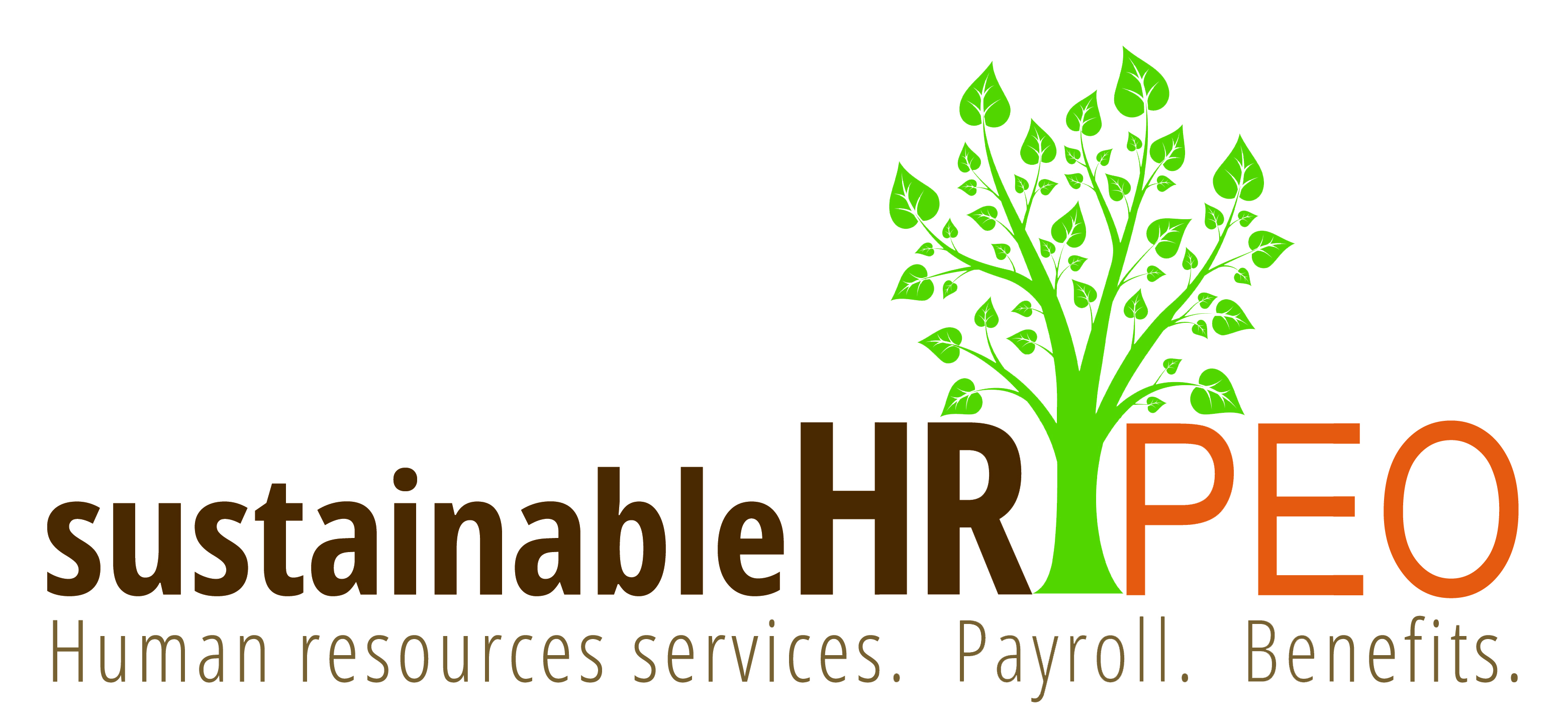Nonprofits play a key role in driving social change, but they also have to navigate a complex set of HR rules and regulations. Following these regulations is about more than just meeting legal requirements; it’s crucial for running the organization well and earning people’s trust. At SustainableHR PEO, we know the ins and outs of HR for nonprofits. In this article, we’ll explore common HR fines and penalties to look out for as a nonprofit.
A Closer Look at Common HR Fines and How to Avoid Them

- Payroll and Taxation Mishaps
One of the most prevalent areas where nonprofits stumble is in payroll and tax compliance. Incorrect tax withholdings or failure to submit employment taxes on time can lead to substantial fines from the IRS. SustainableHR PEO leverages advanced payroll solutions tailored to the unique tax status of nonprofits, ensuring accurate and timely tax handling, thus averting potential fines. - Non-Compliance with the Fair Labor Standards Act (FLSA)
The FLSA governs minimum wage, overtime pay, and child labor standards. Nonprofits, entangled in their missions, may inadvertently misclassify employees or fail to compensate overtime, inviting hefty penalties. SustainableHR PEO’s expertise ensures rigorous adherence to FLSA regulations, offering peace of mind through compliance. - Violations of the Family and Medical Leave Act (FMLA)
FMLA provides eligible employees with unpaid, job-protected leave for family and medical reasons. Misinterpretations of FMLA provisions can lead to fines and lawsuits. SustainableHR PEO’s comprehensive HR services include detailed FMLA compliance strategies, safeguarding nonprofits from common pitfalls. - Disregarding the Americans with Disabilities Act (ADA)
The ADA prohibits discrimination against individuals with disabilities in all areas of public life. Noncompliance, whether in employment practices or facility accessibility, can lead to significant penalties. SustainableHR PEO ensures your nonprofit’s practices and premises adhere to ADA guidelines, fostering an inclusive environment. - Overlooking the Affordable Care Act (ACA) Mandates
The ACA imposes intricate regulations on employer-provided health benefits. Nonprofits failing to offer adequate health coverage to eligible employees face steep penalties. With SustainableHR PEO, navigate the ACA landscape confidently, with compliance-driven benefits solutions that align with your nonprofit’s values and budget.
Download 42 Free HR Templates to Make HR Compliance Simple
The Importance of HR Compliance for Nonprofits
For nonprofits, HR compliance is crucial not only because it’s required by law but also because it supports their mission and values. Compliance in human resources covers a broad spectrum, including adhering to labor laws, ensuring workplace safety, and upholding ethical standards. Here’s why it is especially critical for nonprofits:

- Protecting the Organization’s Reputation
Nonprofits depend heavily on their reputation and public trust to garner support, attract volunteers, and secure funding. Compliance failures can lead to public relations crises that significantly damage an organization’s standing in the community, potentially resulting in decreased donations, volunteer withdrawals, and diminished impact. - Ensuring Financial Sustainability
Noncompliance can be costly due to fines, penalties, and legal fees that may arise from violations of labor laws. For nonprofits operating with tight budgets, these expenses can divert scarce resources away from mission-critical programs. Maintaining HR compliance helps ensure financial resources are used to advance the organization’s goals rather than covering preventable costs. - Enhancing Employee Engagement and Retention
Nonprofits often operate in high-stress environments with limited resources. A culture that prioritizes HR compliance contributes to a supportive workplace environment. This includes fair wages, reasonable working hours, and respect for employee rights, which are essential for employee satisfaction and retention. Committed and engaged employees are more likely to contribute positively towards the nonprofit’s objectives. - Minimizing Legal Risks
Nonprofits are subject to the same legal standards as for-profit entities when it comes to employment practices. Failure to comply with laws like the Fair Labor Standards Act (FLSA), the Family and Medical Leave Act (FMLA), and the Americans with Disabilities Act (ADA) can lead to lawsuits and legal disputes. Proactive HR compliance helps to mitigate these risks by ensuring that policies and practices are in accordance with the law. - Supporting Ethical Standards
Nonprofits are often held to high ethical standards by their stakeholders, reflecting their humanitarian and social missions. Effective HR compliance helps to uphold these ethical standards by ensuring that the organization practices what it preaches in terms of fairness, equality, and respect for individuals. - Fostering a Diverse and Inclusive Environment
Compliance with HR policies encourages a diverse and inclusive workplace. This is particularly important for nonprofits, as it enhances their ability to serve diverse communities effectively. A compliance-focused HR policy ensures that all employees feel valued and respected regardless of their background.
Grab All of the Checklists, Forms, and Guides You Need to Stay Compliant for Free
Partnering with SustainableHR PEO: Beyond HR Compliance
In the complex tapestry of nonprofit operations, HR compliance represents a critical thread that weaves through the very fabric of your mission. SustainableHR PEO stands ready to guide your organization through the maze of regulations, safeguarding against fines and enhancing your operational efficiency. By partnering with us, you not only ensure compliance but also embrace a strategic approach to HR that propels your organization forward.
Choosing SustainableHR PEO as your HR compliance partner means more than just avoiding fines; it’s a strategic decision to elevate your nonprofit’s mission. With SustainableHR PEO, HR, payroll, benefits, and more are handled for you. You’re able to offer better benefits to your people and cut costs on hiring administrative staff.
Contact us here to learn more!
